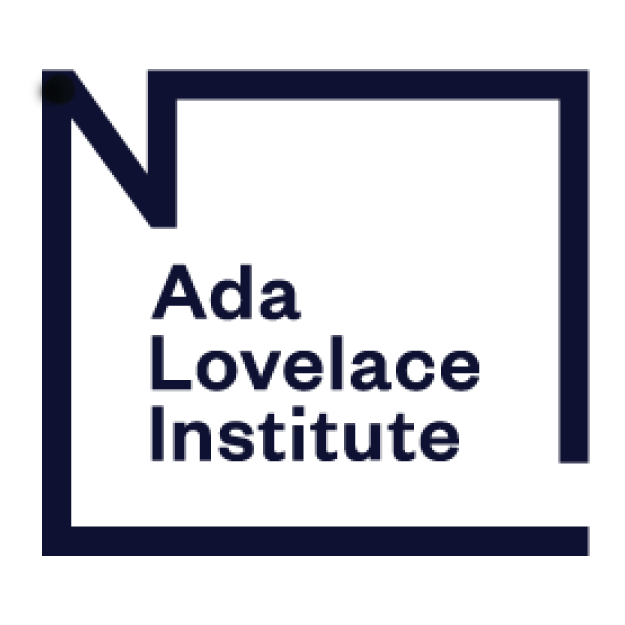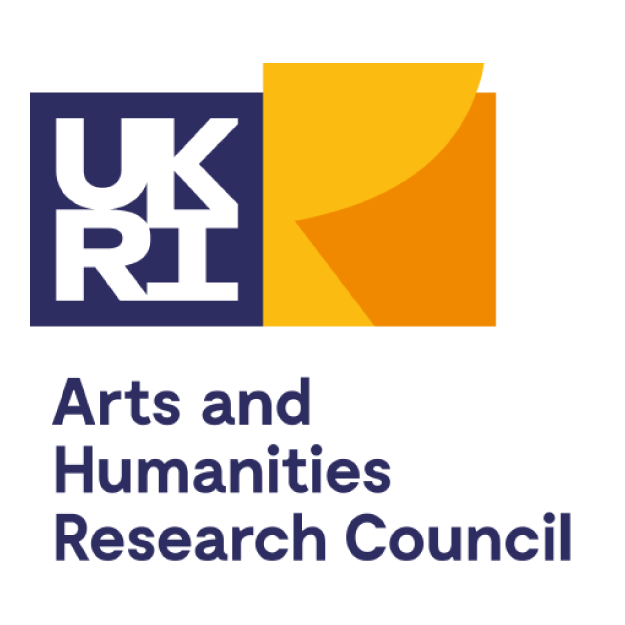- Led by Dr Kyrill Potapov, University College London
- Partnered with Microsoft Research
This fellowship explores how AI tools can improve the distribution and use of green energy. The project will investigate both individual consumption tracking and communal resource sharing.
Read more at the project website here.
The fellowship addresses a critical aspect of AI in energy systems: ensuring that AI supports human agency, particularly for those in lower socioeconomic status (SES) groups, who are most vulnerable to energy poverty. The responsible AI challenge is to develop AI systems in energy micro-grids that are sensitive to the needs and capabilities of all users, especially those from marginalized communities. This involves creating AI that assists rather than limits human decision-making, a principle crucial in the transition to renewable energy sources.
I am excited to collaborate with Microsoft Research, a leader in AI, to bring their experience and resources of designing adaptive systems for micro-grids to this project. The approach combines principles from human-computer interaction (HCI) and cultural-historical psychology (CHAT) to design AI systems that respect and enhance human agency. The aim is to create eco-feedback technology, providing users with interactive visualizations of their energy data.
This technology could empower users to make informed decisions about their energy consumption, fostering sustainable practices and reducing energy poverty. The ethnographic approach will focus beyond the technology, to the wider social practices and contexts in which it is implicated. We will engage with participants through co-design workshops and design ethnography methods, allowing their experiences and insights to shape the development of the technology.
This participatory approach will offer the space for often voiceless participants to express their concerns, interests and understandings in creative and tangible ways, support understanding of how future design can align with these needs. The research will impact the understanding of multiple groups in and beyond the energy sector.
This work will help to explicate a future in which energy systems are not only efficient and sustainable but also equitable and understandable to the user. By prioritizing the agency of all users, especially those in low SES groups, we aim to contribute to the alleviation of energy poverty. We also hope to inform policy development, promoting social justice in energy transitions and creating a model for responsible AI in other domains.
This research has the potential to transform the way we think about and interact with energy systems. If successful, it will not only advance our understanding of AI and energy management but also make a tangible difference in the lives of those most affected by energy challenges.





